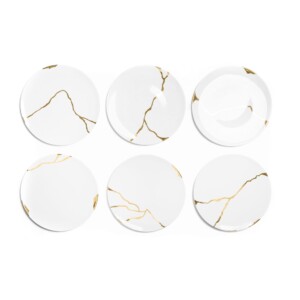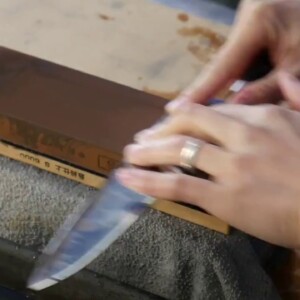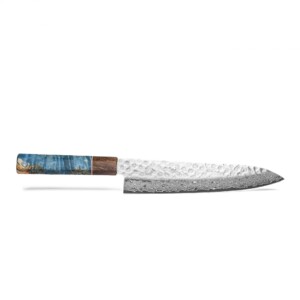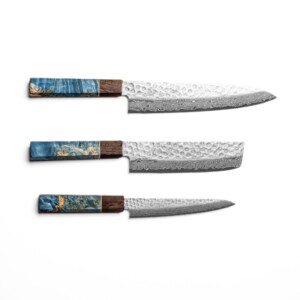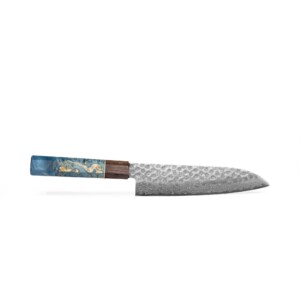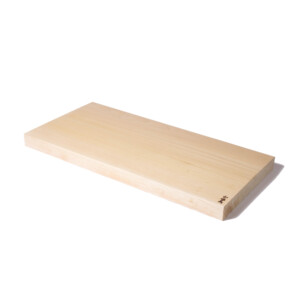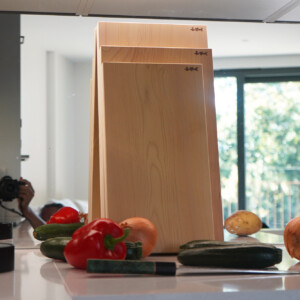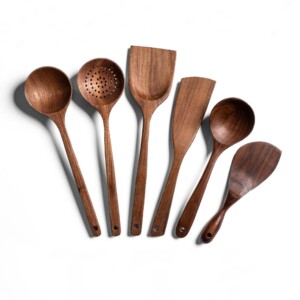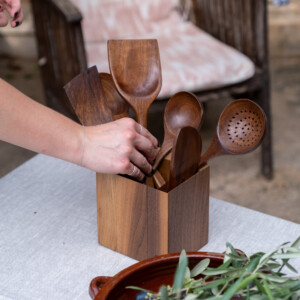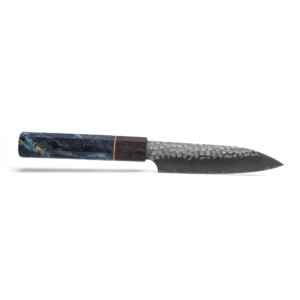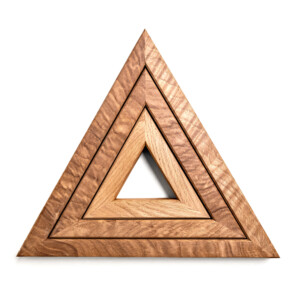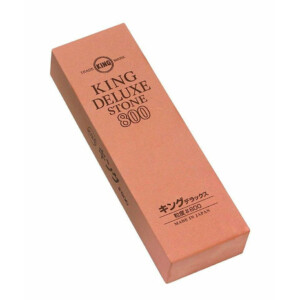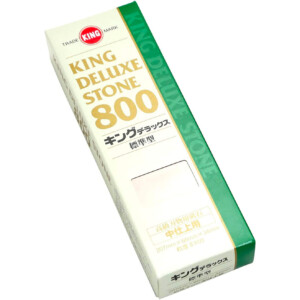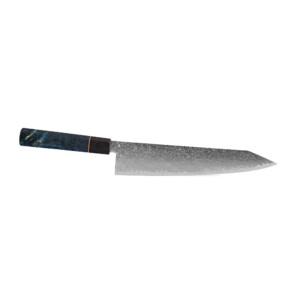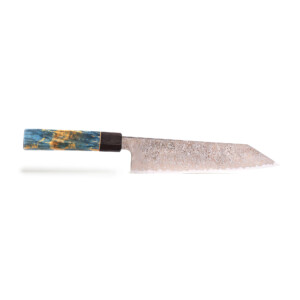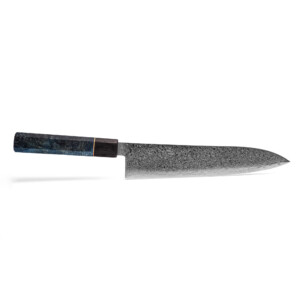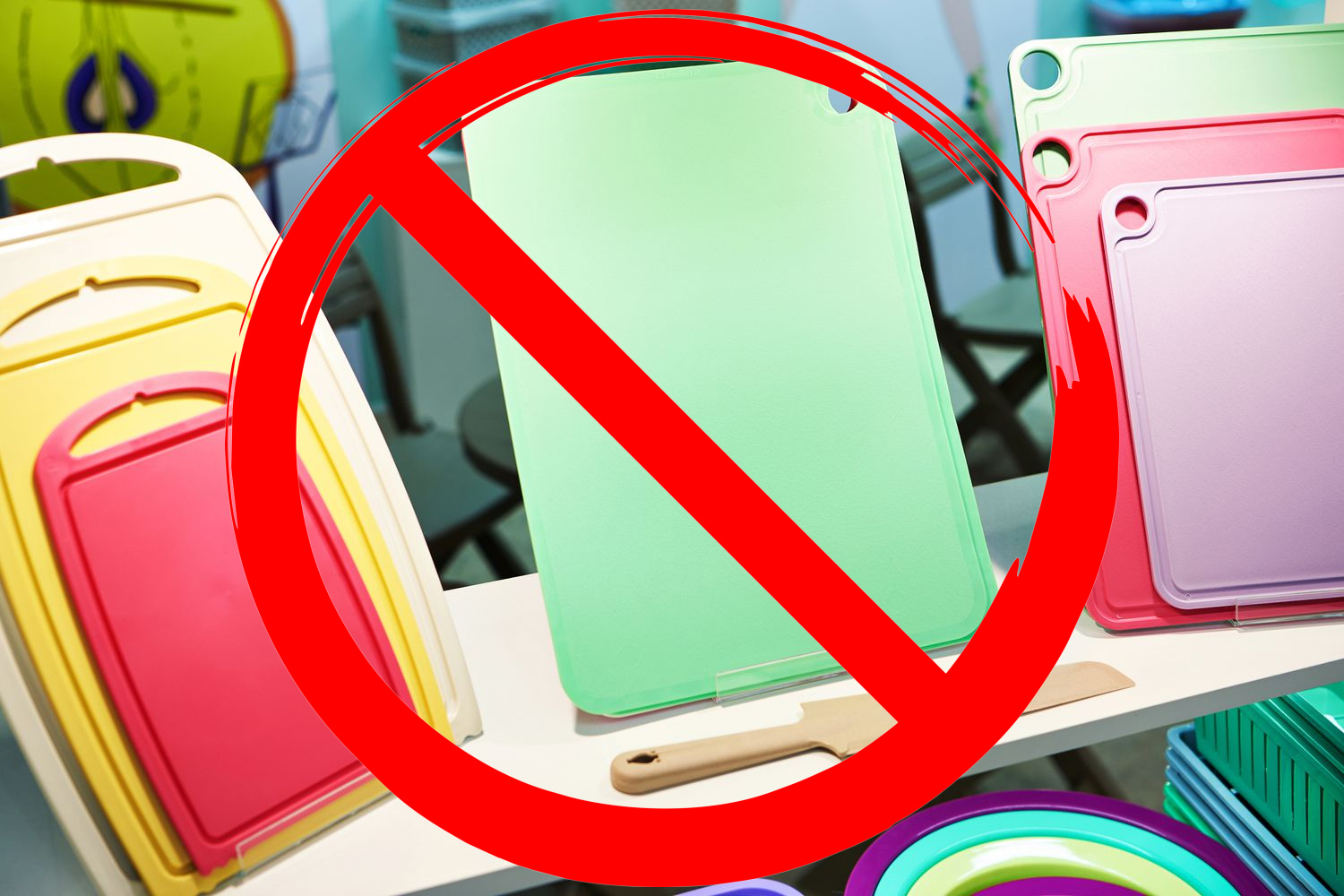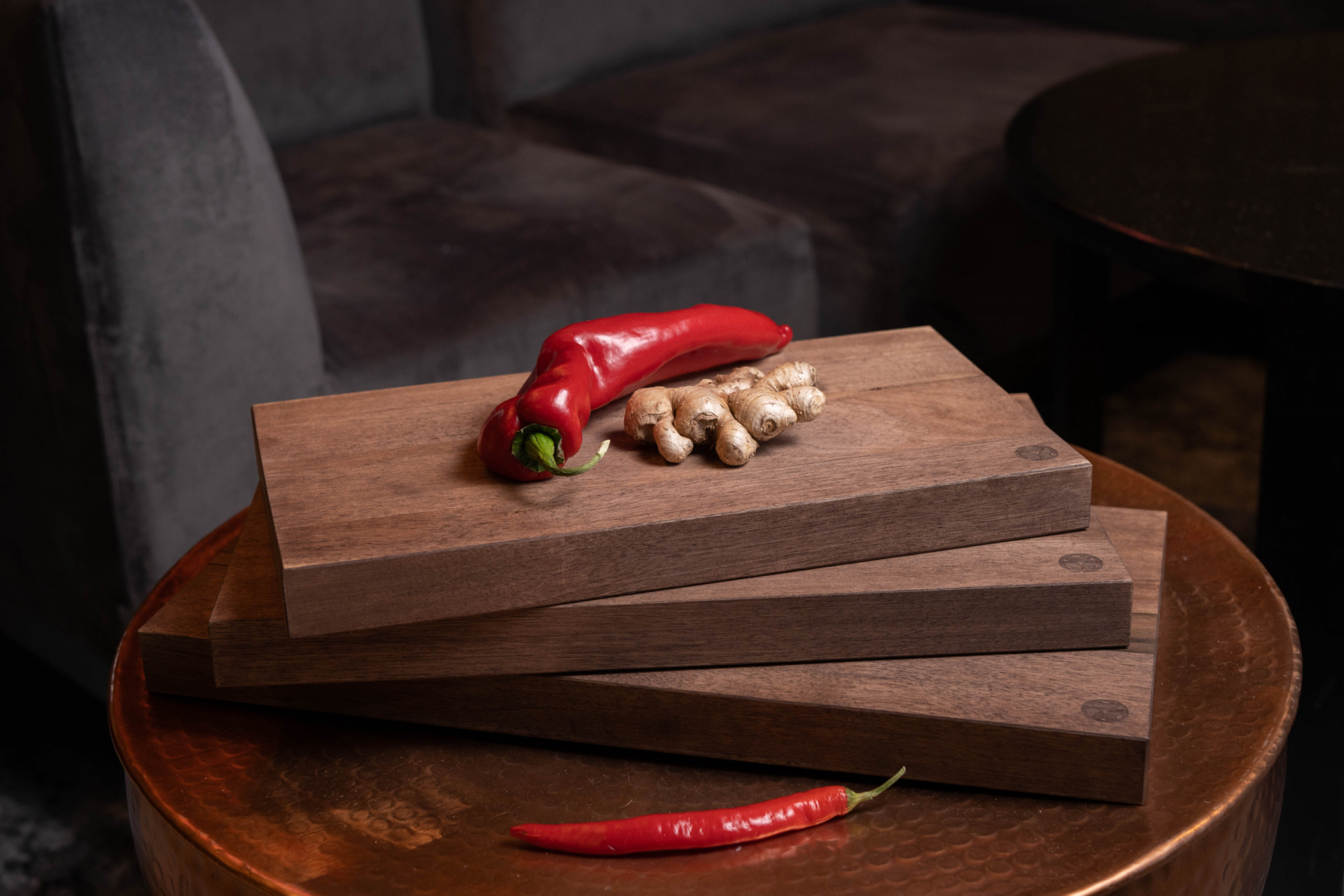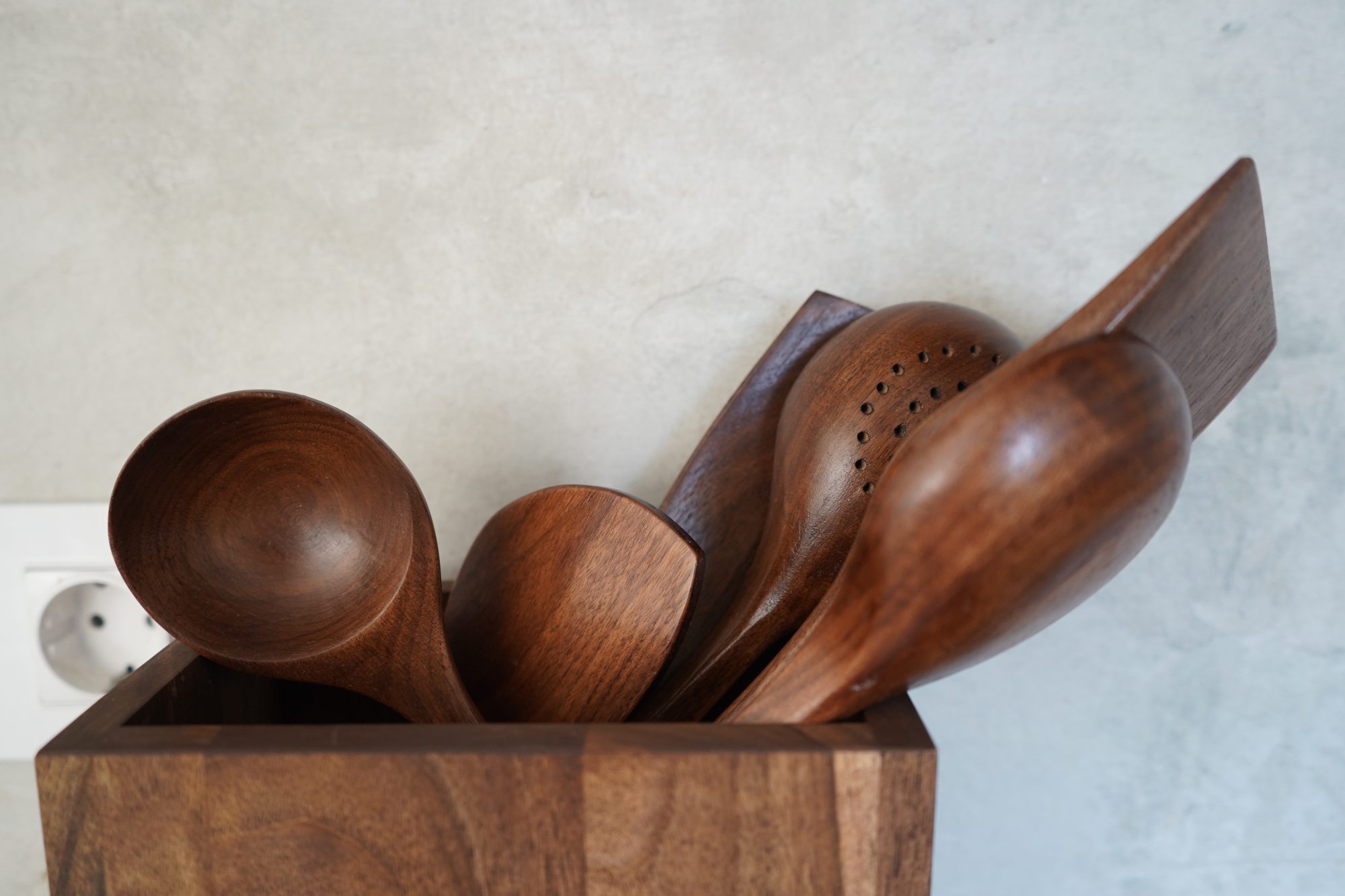Does your to-do list look like a never-ending chore? Do you feel the constant need to keep refreshing your wardrobe and improving your home to be “within trends”? Are you always buying new things, only for the shine to eventually wear off? Then you need to learn from the ancient Japanese philosophy of Wabi-sabi and embrace the imperfection of life.
What is it?
Although Wabi-sabi can be hard to define, we can translate its simplified meaning to “rustic simplicity” or “understated elegance” with a focus on a less-is-more mentality, while “taking pleasure in the imperfect”. It is easily applied in everyday life. The relentless pursuit of perfection — in possessions, relationships, achievements — often leads to stress, anxiety, depression and hasty judgement.
Wabi-sabi offers an escape from the modern world’s obsession with perfection and accepts imperfections as all the more meaningful – and, in their own way, beautiful. This Japanese concept can help you create a happier home and feel more content with life as it is, rather than always wishing for more.
Authenticity is a big part of Wabi-sabi, so cracks and imperfections are cherished for symbolising the passage of time and loving use. Embracing Wabi-sabi in the home teaches us to be content with our current lot without constantly yearning for more. Learning to be selective over what we want and what we really need. It’s the perfect antidote to a throwaway society built on disposable goods and mass-produced, homogeneous items.
Imperfection is the basic principle of Wabi-Sabi, the Japanese philosophy of accepting your imperfections and making the most of life.
This Japanese philosophy encourages us to focus on the blessings shining in our daily lives and celebrate the way things are rather than craving how they should be.
“Wabi-Sabi is a way of life that appreciates and accepts complexity while at the same time values simplicity. […] Nothing lasts, nothing is finished, and nothing is perfect.” writes Richard Powell in his book, Wabi-Sabi Simple.
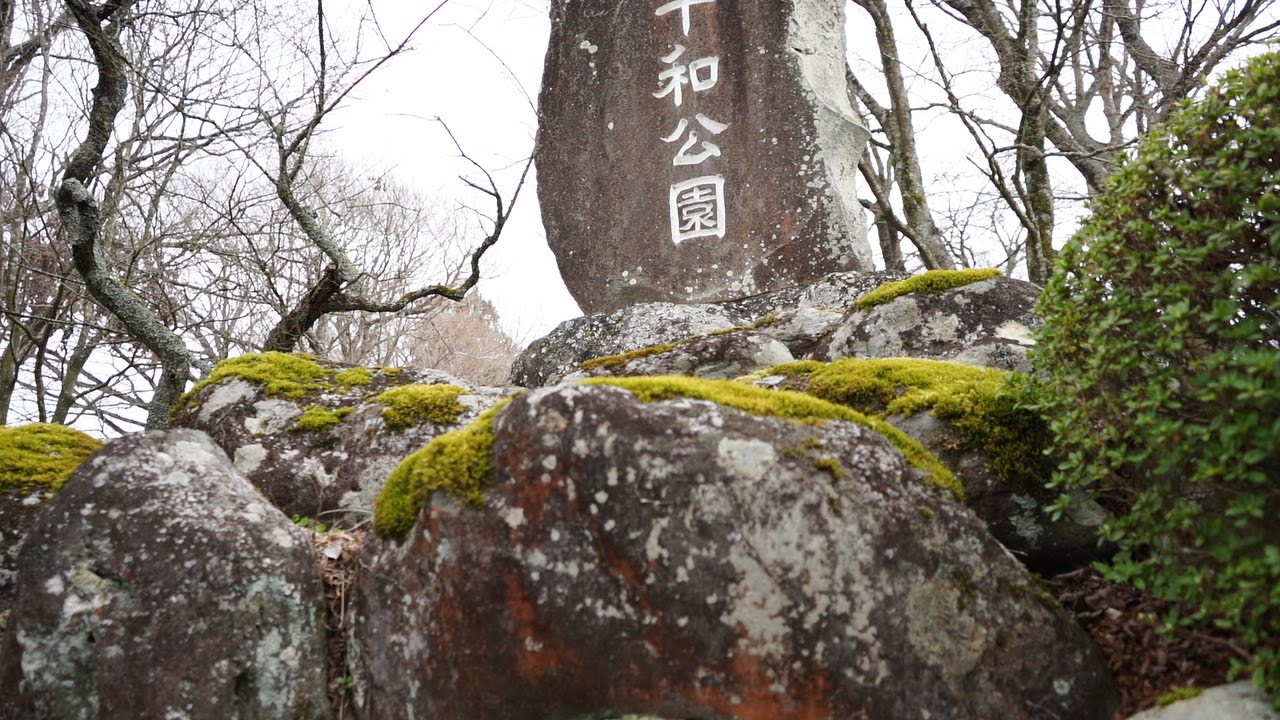
Where to find Wabi-sabi?
Wabi-sabi is a cracked and glued together ceramic bowl (check the concept ofkintsugi); a funnily shaped, home-grown tomato; a dinner created from leftovers; falling cherry blossom; a worn wooden hallway and an elbow patch on your favourite jumper. Therefore, it’s an appreciation of all that is simple, modest and imperfect. Yet, loved deeply.
When you embrace Wabi-sabi, you realise that nothing is permanent— even fixed objects are subject to change and taint. A great example of Wabi-sabi in creativity is the art of kintsugi, where cracked pottery is filled with gold-dusted lacquer as a way to showcase the beauty of its age and damage rather than hiding it. This art highlights and praises the faults instead of hiding them.
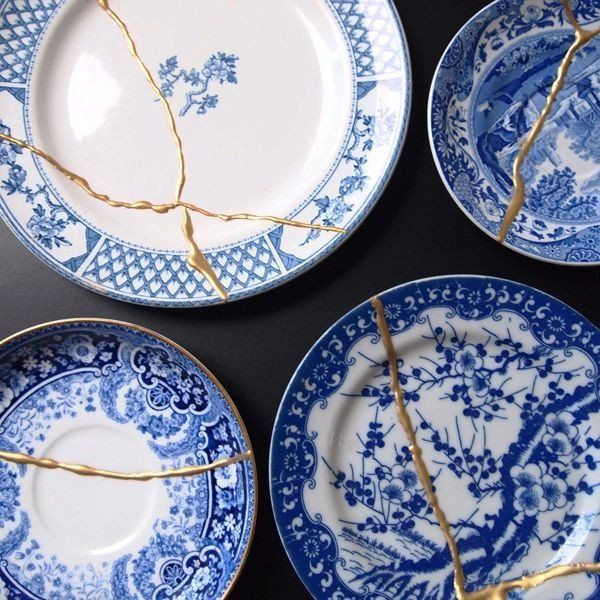
Wabi- sabi and Zen
Wabi-Sabi’s roots lie in Zen Buddhism, which a Chinese twelfth century monk (Eisai) brought to Japan. Zen stresses austerity, communion with nature, and above all, reverence for everyday life as the real path to enlightenment. To reach enlightenment, Zen monks lived ascetic, often isolated lives, and sat for long periods of concentrated meditation.
In Zen philosophy, there are seven aesthetic principles in achieving Wabi-sabi:
- Kanso — simplicity
- Fukinsei — asymmetry or irregularity
- Shibumi — beauty in the understated
- Shizen — naturalness without pretension
- Yugen — subtle grace
- Datsuzoku — freeness
- Seijaku — tranquility
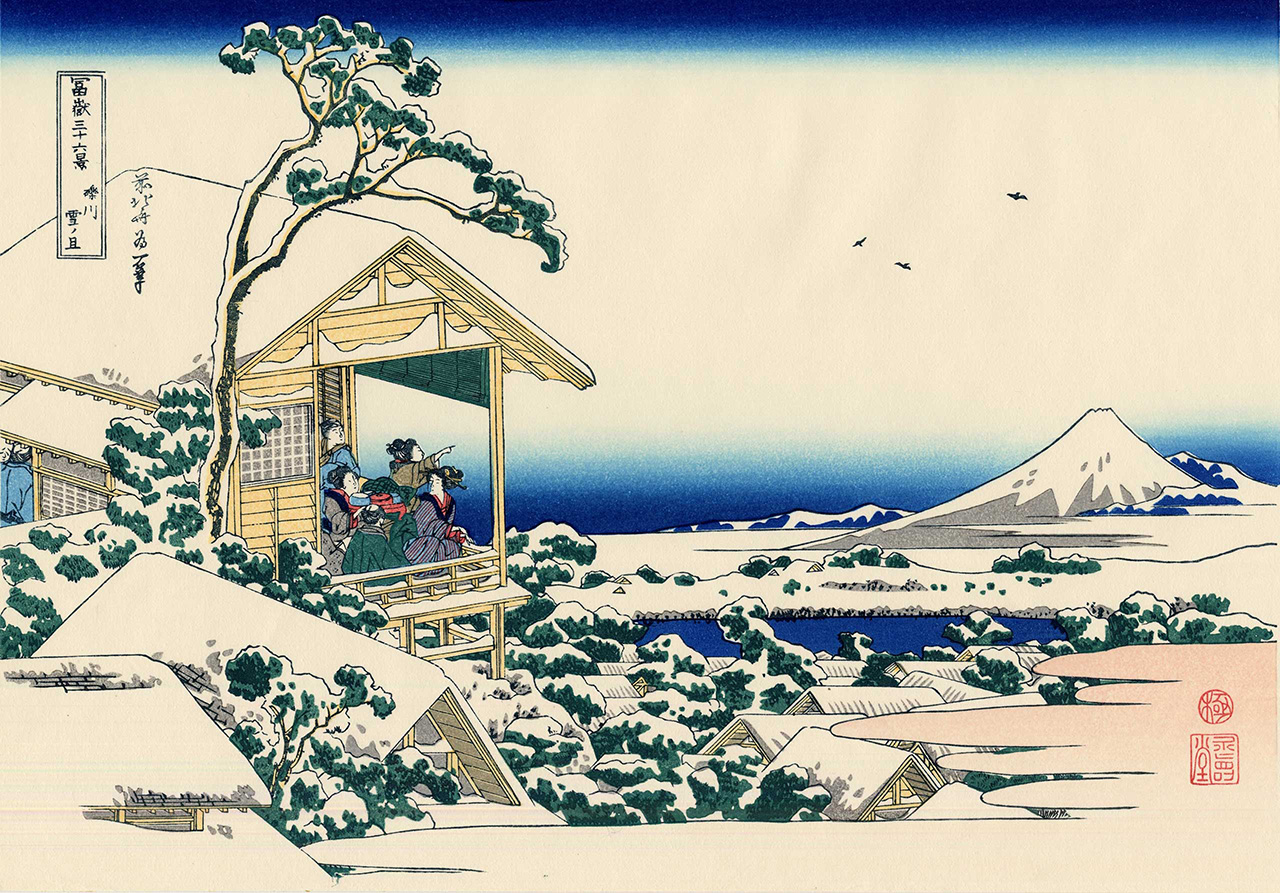
What does it take to embrace Wabi-sabi in your surroundings?
You don’t need to be an expert on Japanese philosophy, live in seclusion like a Buddhist monk or have a big budget to adopt Wabi-sabi principles in your home. There is no ‘wrong’ way to go about it; you simply need to shift your perspective from one of chasing for perfection to one of appreciating.
Embracing Wabi-sabi will do more than create a pleasant environment at home. It focuses on gratitude for what we already have, rather than always yearning for something new. Creating a powerful shift in perspective that helps us feel at peace and content in the current moment. Wabi-sabi allows us to embrace serenity and tranquility in our everyday lives. By falling in love with our imperfect selves like things that surround us, we reduce the need to buy as many new things.
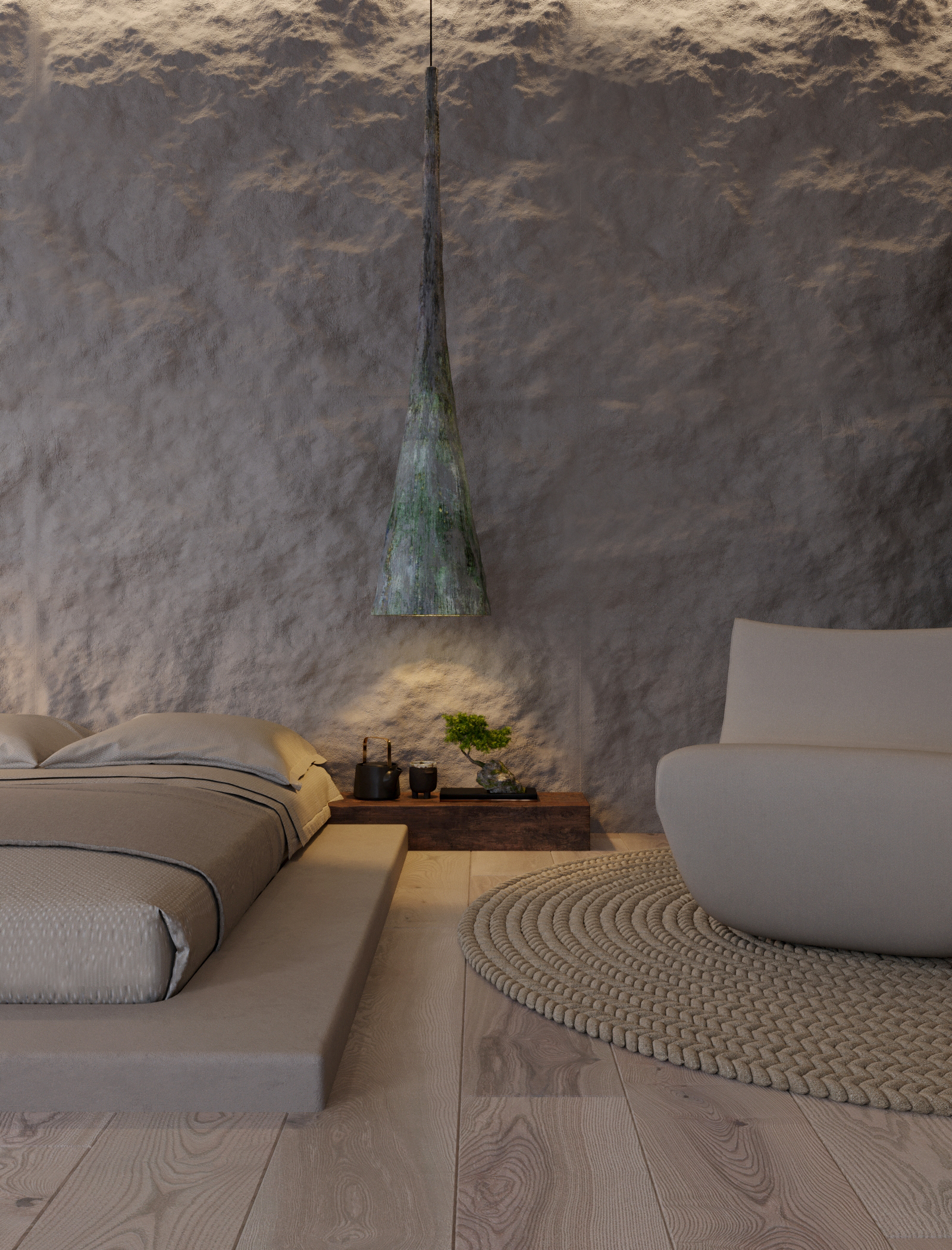
Perhaps you have a rusty kitchen knife which has been passed through the generations (which appears a bit rusty and chipped). Instead of being embarrassed by its less than pristine condition, you should value it because of its imperfect nature (and sharpen it). Those signs of use are a story and mark the passage of time; which won’t come with a brand new knife.
Nevertheless, buying new things is sometimes necessary. Circumstances change, children come and go, we move houses (and lose things in transit), get new hobbies and so on. But when shopping, consider a Wabi-sabi approach and opt for sustainable, high quality, handmade or vintage products over mass produced products with a planned obsolescence.
Incorporating Wabi-sabi in your home decor
Wabi-sabi is about appreciating nature, so pay attention to the materials you bring into your home and go for natural options like wood, steel and stone where possible. Not only are they aesthetically pleasing, but they age well too. Take linen sheets for example, they get better with every wash.
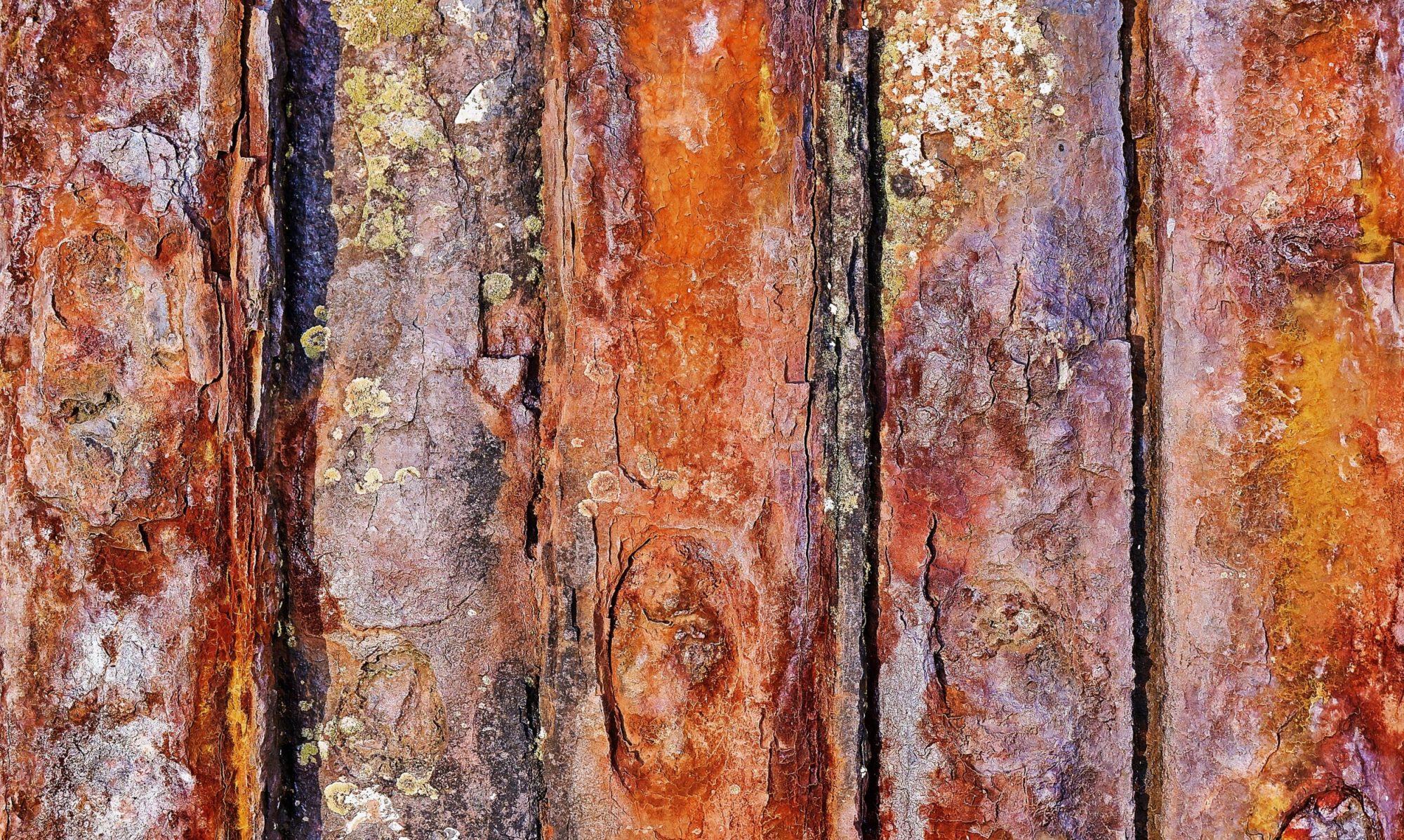
When choosing colours, you can also look to nature for inspiration. This leaves a lot of room for personal choice as blushing cherry blossom pink is just as natural as cool and calming sea foam. Likewise stormy grey is as natural as pine forest green. In physical objects you can expect the use of natural materials in a rustic style. Imperfections are not from sloppiness but the nature of the materials and process, or the use of the object itself. Objects will be personal, humble, and functional.
It can be tempting to constantly add and change things to your home – in the end this is what society wants us to do. Remember that Wabi-sabi is all about decluttering and stripping back the unnecessary to allow yourself to live well. Consider Japanese take on minimalist lifestyle by getting rid of superfluous clutter by ridding yourself of pointless items. By doing this you allow the things that really matter to stand out and shine.
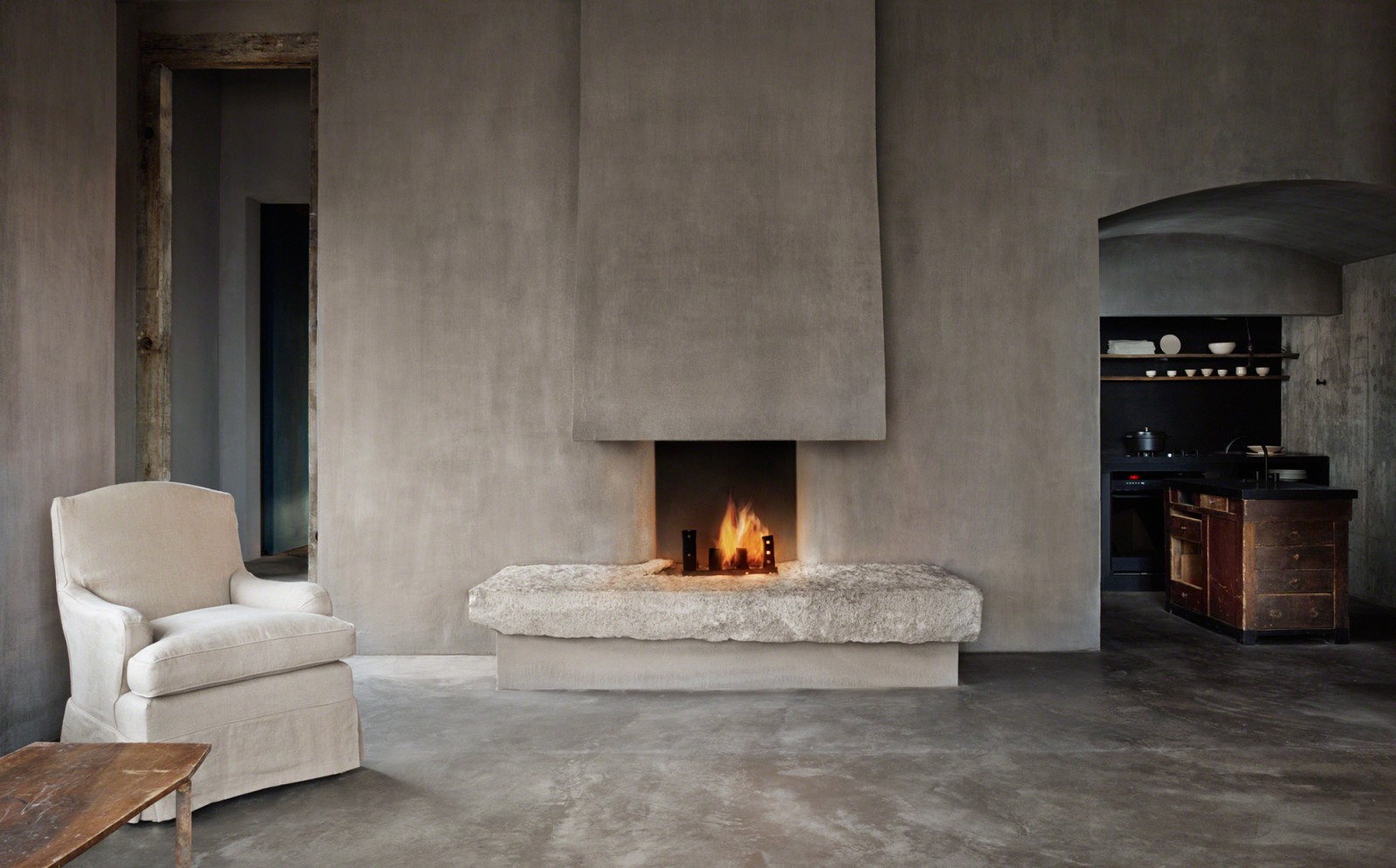
Today, appreciation of the things we have, people we love, and the experiences we have the opportunity to weave into our lives is losing value. Wabi-sabi represents a precious cache of wisdom that values tranquillity, harmony, beauty and imperfection, and can strengthen your resilience in the face of materialism.
